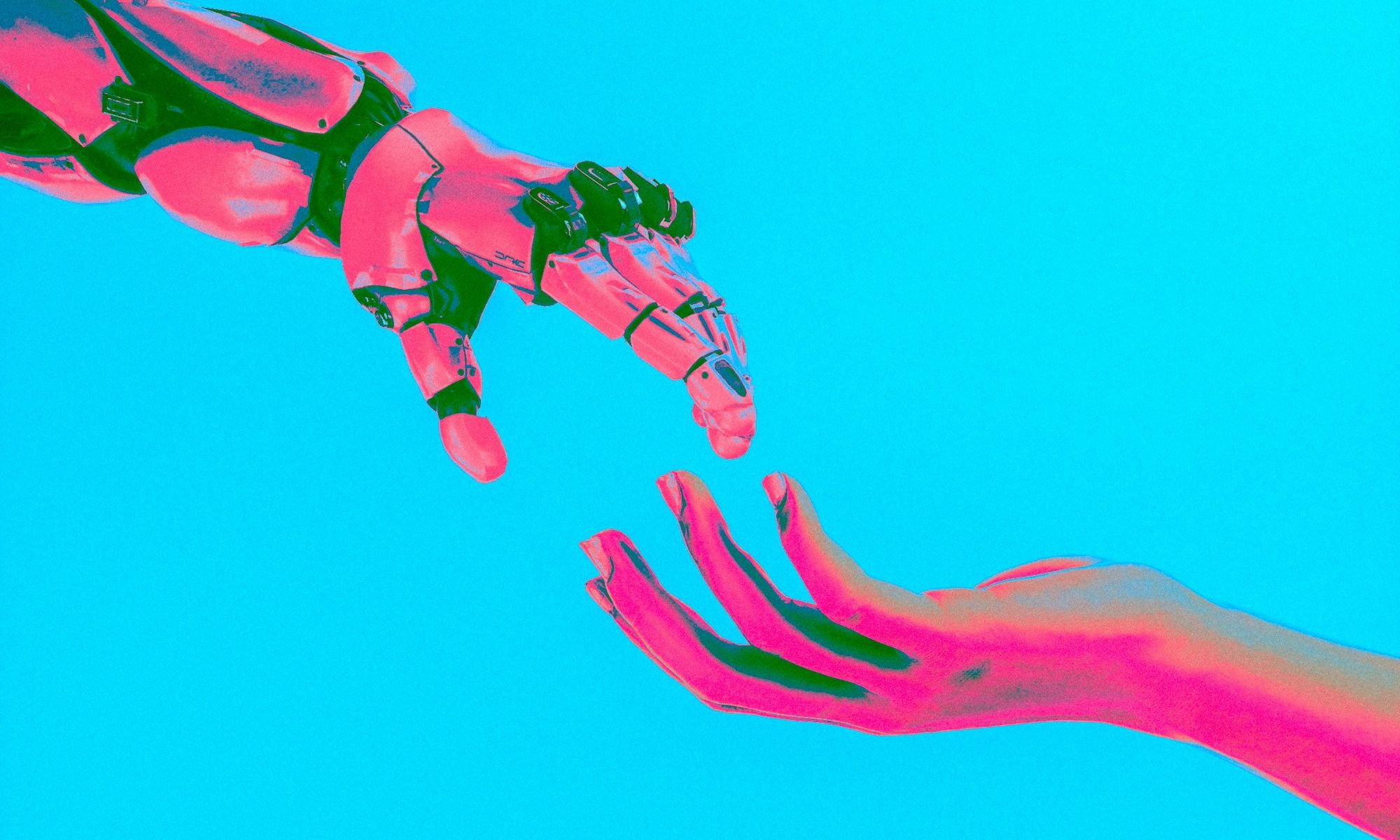Image by Cash Macanaya on Unsplash
Thousands of creatives across the worlds of art, film, music and publishing have signed a public statement opposing the unlicensed use of copyrighted work for training generative artificial intelligence (AI) models. Renowned artists including Amoako Boafo, Kennedy Yanko, Shantell Martin, Hans Haacke and Deborah Butterfield have signed the statement, as have the novelists Margaret Drabble and Kazuo Ishiguro, the rockstar Robert Smith, all five members of Radiohead, and the actors Julianne Moore and Kevin Bacon. The statement appears on a website whose single-sentence raison d’être reads: “The unlicensed use of creative works for training generative AI is a major, unjust threat to the livelihoods of the people behind those works, and must not be permitted.”
The campaign was founded by Ed Newton-Rex, a US-based British composer who co-founded the AI music generation company Jukedeck in 2014. Jukedeck was acquired by TikTok's parent company ByteDance in 2019, prompting Newton-Rex to take a position at the helm of ByteDance’s European AI Lab before moving on to lead the audio division of Stability AI. In 2023, Newton-Rex quit the role in protest of the company’s strategic use of copyrighted work without licenses or permission from rights holders by citing “fair use” grounds, a common work-around that features in a variety of high-profile AI lawsuits currently defining the legal contours of the industry.
In a statement to The Guardian, Newton-Rex characterised the around 20,000 people who have signed the letter thus far as “very worried” about the situation, adding: “There are three key resources that generative AI companies need to build AI models: people, compute and data. They spend vast sums on the first two—sometimes $1m per engineer, and up to $1bn per model. But they expect to take the third—training data—for free”.
“When AI companies call this ‘training data’, they dehumanise it”, Newton-Rex added. “What we’re talking about is people’s work—their writing, their art, their music”.
In both the US and the UK, the proliferation and democratisation of AI poses thorny ethical questions for the legal future of cultural production. State-side, superstar authors John Grisham, Jodi Picoult and George R.R. Martin, along with a number of other authors, are suing ChatGPT developer OpenAI for alleged copyright breaches. In 2023, illustrators Sarah Andersen, Kelly McKernan and Karla Ortiz sued several AI companies under similar conditions; many more artiss have joined their lawsuit, which is ongoing.
Across the pond, Google called for the relaxation of restrictions on “text and data mining” last montj. Current regulations allow the use of copyrighted work for non-commercial purposes, like academic research. The UK government is currently considering an “opt-out” proposal that would allow AI firms to scrape content from artists, musicians and publishers unless the parties manually decline. Newton-Rex claimed that most affected creatives would not be aware of a fine-print scheme like the “opt-out” proposal, telling The Guardian: “I have run opt-out schemes for AI companies. Even the most well-run opt-out schemes get missed by most people who have the chance to opt out. You never hear about it, you miss the email. It’s totally unfair to put the burden of opting out of AI training on the creator whose work is being trained on”.
Among the signatories of Newton-Rex’s statement are industry organisations like the Artist Rights Alliance, the Artists Rights Society, the Concept Art Association and the Human Artistry Campaign—which advocates against the proliferation of nonconsensual deepfakes.

